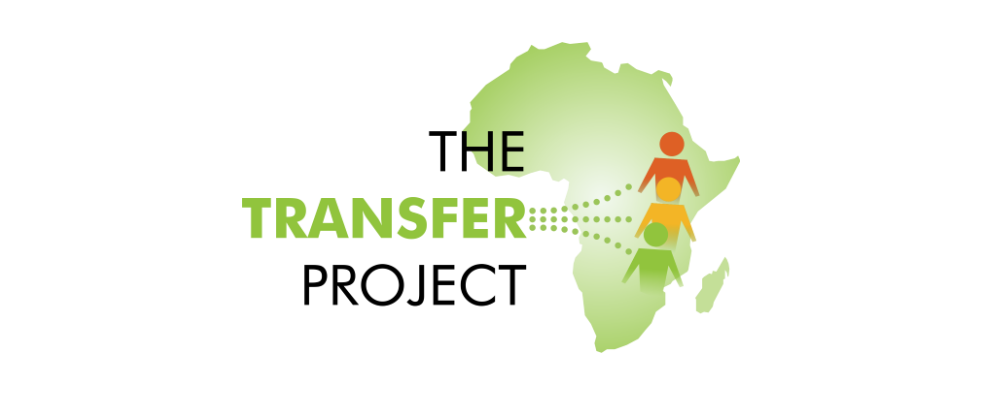Donors
The Transfer Project is grateful to all donors who generously contribute and allow us to carry out our research on the impacts of cash transfers. We receive country-specific funds via partner organisations (see country pages for details). Below, we highlight the work that was made possible through the contributions of some of our major donors given directly through consortium partners.

The International Initiative for Impact Evaluations provides funding for data collection & analysis in Ghana, Malawi, Zambia and Zimbabwe.
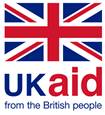

Hewlett Foundation provides funding to UNC to improve evidence-based decision-making in sub-Saharan Africa, including capacity building, collaborating with African Fellows through the AERC, & dissemination of research.
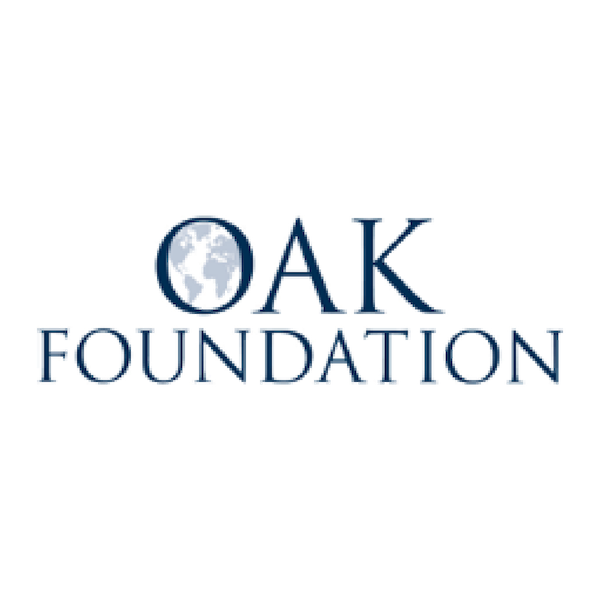
Oak Foundation provides funding to UNICEF Innocenti to help us carry out research on cash pus programming to facilitate the safe transition of adolescents to adulthood. For more, see our work on Tanzania’s Cash Plus programme.
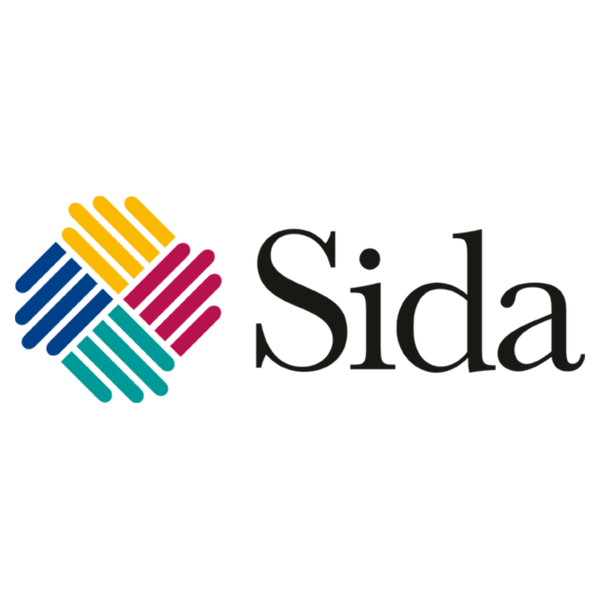
The Swedish International Development Cooperation Agency provides funding to UNICEF Innocenti to enable research on cash transfer programmes in sub-Saharan Africa, as well as cross-country learning and regional capacity building, including our collaboration with African Fellows through the AERC.
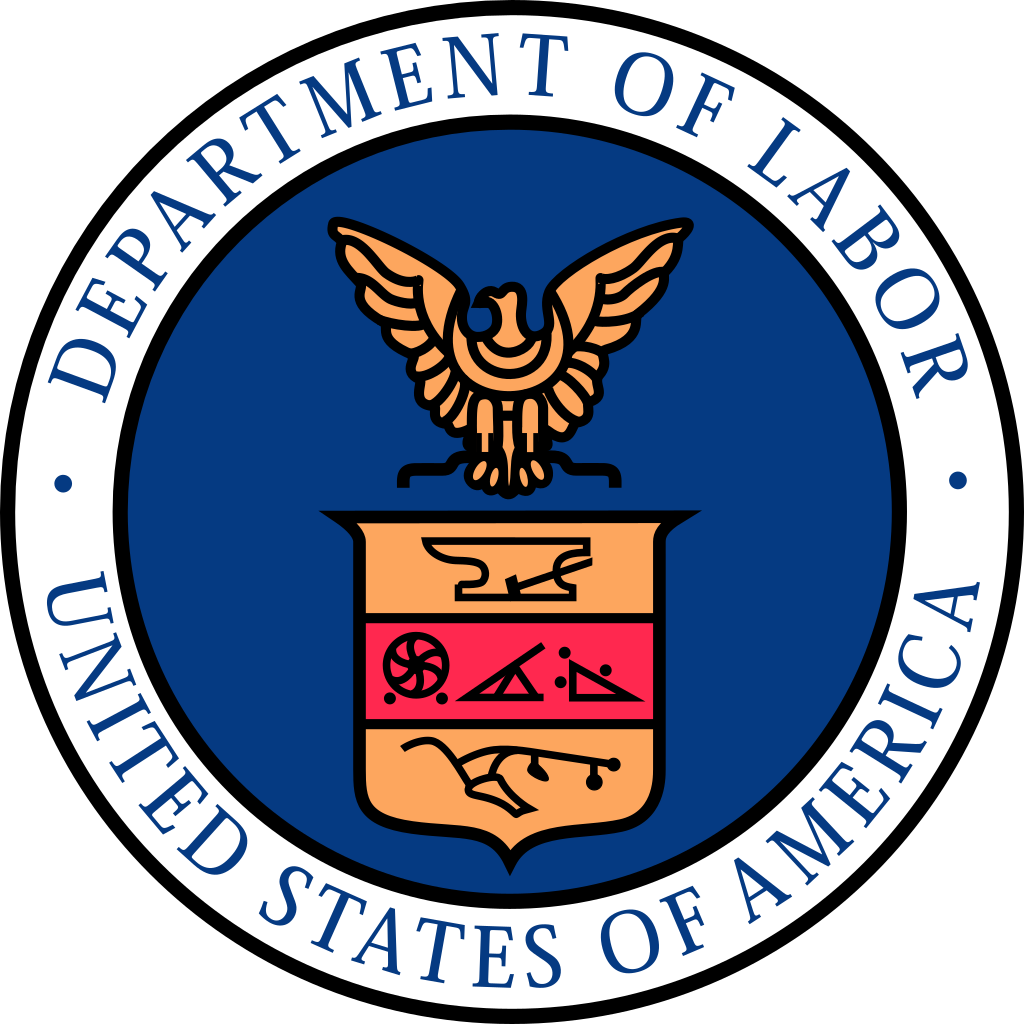
The U.S. Department of Labor provides funding to UNICEF Innocenti to examine whether national social protection systems in southern Africa can help to reduce child labour. We’ve conducted research on this topic in Malawi, Tanzania & Zambia. For more, see our work on Education & Child Labour.
